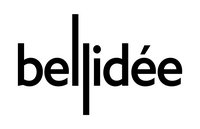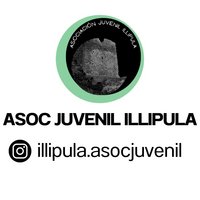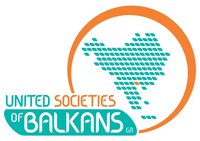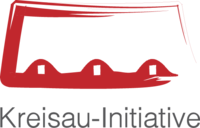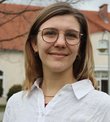The project runs from May 2024 to April 2027 and focuses on social inclusion, active citizenship, and skill development among young people. By implementing workshops and cultural events with a focus on "urban culture," Up2Youth strengthens innovative forms of participation and promotes the political and social engagement of young people.
Study visits to best practice research activities are carried out to identify innovative approaches and methods which will empower youth work professionals in multiplier trainings. Key findings, best practices, and policy recommendations will be summarized in a White Book. This will serve as a valuable resource for policymakers, professionals, and stakeholders to highlight the importance of urban youth culture in promoting active citizenship and to effect long-term positive change.
Kreisau-Initiative e. V. focuses on capacity building through the creation of a best-practices toolkit and the training of multipliers.
The main goals of the partners are
- Promote active citizenship trough methods of urban culture.
- Enhance competences of youth workers.
- Foster social inclusion and diversity.
- Facilitate cross-border cooperation.
- Influence policy and decision-making.
Partners
- Bellidée (Lead partner, France)
- Asociación Juvenil Illipula (Spain)
- UNITED SOCIETIES OF BALKANS (Greece)
- CEIPES - International Centre for the Promotion of Education and Development (Italy)
- Kreisau-Initiative e. V. (Germany)
